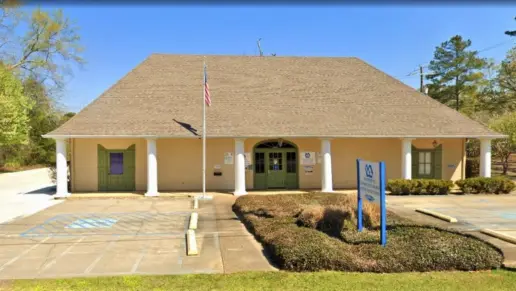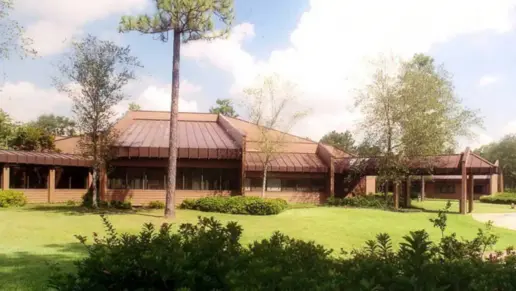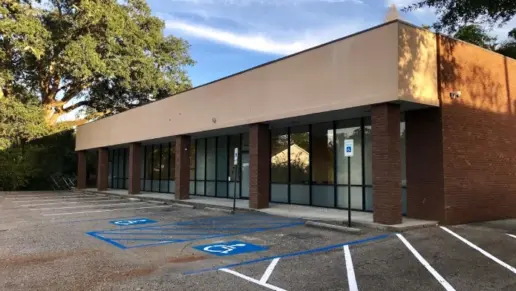When it comes to the staff, I would say about 90 % of them are truly empathetic & care deeply for there still is about 10 % that only care about a paycheck and don't care at all for the patients or their issues. I was admitted July 3rd 24 and released July 17th 24. I was ...
About Parkwood Behavioral Health System
Parkwood Behavioral Health System offers comprehensive mental health and addiction treatment services. They’re located in Olive Branch, Mississippi, next to Olive Branch City Park. They have behavioral health programs for children ages 9 to 11, adolescent services, adult services, and senior adult services. The center accepts many major insurance providers. They’ll also work with you to find financially manageable ways of getting the care you need.
If your child is using alcohol or drugs or acting out and having problems in school, they can address their issues. Their programs for children and teens include education services, so your child is not missing out on school.
They have an adult detox program. They also have an inpatient center where you can start treatment for substance use and dual diagnosis mental health disorders. Some of the disorders they treat include schizophrenia, codependency, anxiety, depression, suicidal thoughts, phobias, anger and other dangerous behaviors.
The components of their acute inpatient care program include art and pet therapies, proper nutrition, yoga, relaxation groups, eye movement desensitization and reprocessing (EMDR) therapy, and medication. They also have 12 Step programs onsite.
If you need less restrictive care than the inpatient program but you’re not ready for an intensive outpatient program, you can choose the adult partial hospitalization program (PHP). This is a good step down after leaving the inpatient program, and you’ll still get individualized care. The PHP is five days a week, Monday through Friday from 9:00 a.m. to 2:00 p.m.
The adult intensive outpatient program (IOP) has group therapy if you need more than weekly therapy. This is also a good program to help with the transition back to your life. This program also meets five days a week Monday through Friday, but it’s from 8:30 a.m. to 12:30 p.m. If you need to attend treatment from home, you can opt for the adult virtual intensive outpatient program which meets Tuesday, Wednesday, and Thursday from 8:30 a.m. to 12:30 p.m.
Facility Overview
Latest Reviews
Rehab Score
Gallery
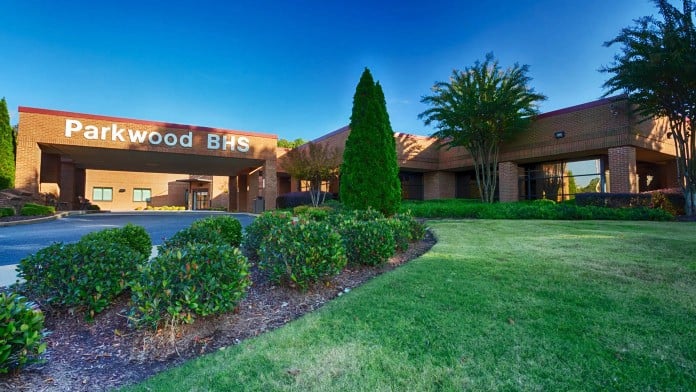
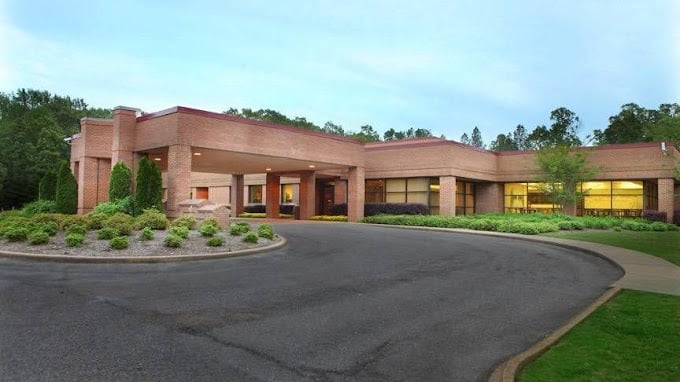
Location
Other Forms of Payment
Medicaid is a state based program that helps lower-income individuals and families pay for healthcare. Medicaid covers addiction treatment so those enrolled can use their coverage to pay for rehab. When a program accepts Medicaid the client often pays very little or nothing out of their own pocket.
Private insurance refers to any kind of healthcare coverage that isn't from the state or federal government. This includes individual and family plans offered by an employer or purchased from the Insurance Marketplace. Every plan will have different requirements and out of pocket costs so be sure to get the full details before you start treatment.
Self-pay involves paying for treatment out of your own pocket. You can use savings or credit, get a personal loan, or receive help from family and friends to fund your treatment. If you don't have insurance or your insurance plan doesn't cover a specific program, self-pay can help ensure you still get the care you need.
Financial aid can take many forms. Centers may have grants or scholarships available to clients who meet eligibility requirements. Programs that receive SAMHSA grants may have financial aid available for those who need treatment as well. Grants and scholarships can help you pai for treatment without having to repay.
Medicare is a federal program that provides health insurance for those 65 and older. It also serves people under 65 with chronic and disabling health challenges. To use Medicare for addiction treatment you need to find a program that accepts Medicare and is in network with your plan. Out of pocket costs and preauthorization requirements vary, so always check with your provider.
Military members, veterans, and eligible dependents have access to specific insurance programs that help them get the care they need. TRICARE and VA insurance can help you access low cost or no cost addiction and mental health treatment. Programs that accept military insurance often have targeted treatment focused on the unique challenges military members, veterans, and their families face.
Addiction Treatments
Levels of Care
Treatments
The goal of treatment for alcoholism is abstinence. Those with poor social support, poor motivation, or psychiatric disorders tend to relapse within a few years of treatment. For these people, success is measured by longer periods of abstinence, reduced use of alcohol, better health, and improved social functioning. Recovery and Maintenance are usually based on 12 step programs and AA meetings.
For those seeking help with addiction, a drug rehab in Mississippi offers the necessary care to achieve long-term recovery. Options include inpatient, residential, partial hospitalization, intensive outpatient, and long-term drug rehab in Mississippi.
Many of those suffering from addiction also suffer from mental or emotional illnesses like schizophrenia, bipolar disorder, depression, or anxiety disorders. Rehab and other substance abuse facilities treating those with a dual diagnosis or co-occurring disorder administer psychiatric treatment to address the person's mental health issue in addition to drug and alcohol rehabilitation.
A combined mental health and substance abuse rehab has the staff and resources available to handle individuals with both mental health and substance abuse issues. It can be challenging to determine where a specific symptom stems from (a mental health issue or an issue related to substance abuse), so mental health and substance abuse professionals are helpful in detangling symptoms and keeping treatment on track.
Opioid rehabs specialize in supporting those recovering from opioid addiction. They treat those suffering from addiction to illegal opioids like heroin, as well as prescription drugs like oxycodone. These centers typically combine both physical as well as mental and emotional support to help stop addiction. Physical support often includes medical detox and subsequent medical support (including medication), and mental support includes in-depth therapy to address the underlying causes of addiction.
Programs



Clinical Services
If you participate in cognitive behavioral therapy in Mississippi, you can expect to receive homework exercises that allow you to practice the skills you discuss during your sessions. You'll learn how to develop coping skills and change your thinking and behavior so you can break free from addiction.
Treatment that includes dialectical behavior therapy in Mississippi gives you specific tools for managing challenging situations. You'll learn how to identify and change unhealthy thought patterns. You'll also attend group training sessions where you can start applying the skills you're learning in treatment.
Creativity is inherently healing, and can help those in recovery express thoughts or feelings they might not otherwise be able to. Creative arts therapy can include music, poetry/writing, painting, sculpting, dance, theater, sandplay, and more. Unlike traditional art, the final product matters far less than the experience of creation and expression itself.
At Parkwood Behavioral Health System, family involvement is a vital part of their treatment process. Because may patients return home, it is important that family members become actively involved in the therapeutic process. Their counselors and staff educate family members on the patient’s treatment goals and needs. Just as importantly, their counselors assist family members in working through their own feelings about the process.
Group therapy is any therapeutic work that happens in a group (not one-on-one). There are a number of different group therapy modalities, including support groups, experiential therapy, psycho-education, and more. Group therapy involves treatment as well as processing interaction between group members.
In individual therapy, a patient meets one-on-one with a trained psychologist or counselor. Therapy is a pivotal part of effective substance abuse treatment, as it often covers root causes of addiction, including challenges faced by the patient in their social, family, and work/school life.
Counselors who apply motivational interviewing take on the roles of listening and reflecting. Their goal is to facilitate conversation about change and commitment to change. They offer support and seek to empower the client to make changes in their life.
While undergoing couples therapy, you'll explore any problems in your relationship with the goal of identifying and resolving dysfunctional patterns. You'll learn new and better ways to manage challenges so you can move forward with a healthier relationship.
Nutrition therapy, aka medical nutrition therapy (MNT), is a way of treating physical, emotional, and medical conditions through diet. Specific dietary plans are designed by professional nutritionists or registered dietitians, and patients follow them in order to positively affect their physical and mental health.
Trauma therapy addresses traumatic incidents from a client's past that are likely affecting their present-day experience. Trauma is often one of the primary triggers and potential causes of addiction, and can stem from child sexual abuse, domestic violence, having a parent with a mental illness, losing one or both parents at a young age, teenage or adult sexual assault, or any number of other factors. The purpose of trauma therapy is to allow a patient to process trauma and move through and past it, with the help of trained and compassionate mental health professionals.
Often, substance use and mental health disorders weaken basic life skills. This makes daily functioning a challenge and can lead to a cycle of addiction. To help you break free from this cycle, drug rehab programs include integrated life skills training which helps you redevelop or strengthen the life skills you need for success.
Amenities
-
Private Setting
-
Yoga Studio
-
Residential Setting
Staff & Accreditations
Staff
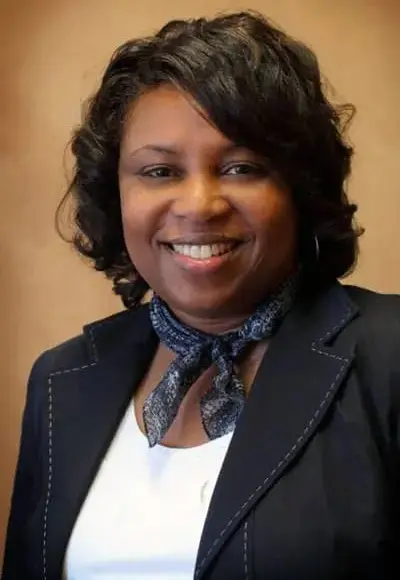
CEO
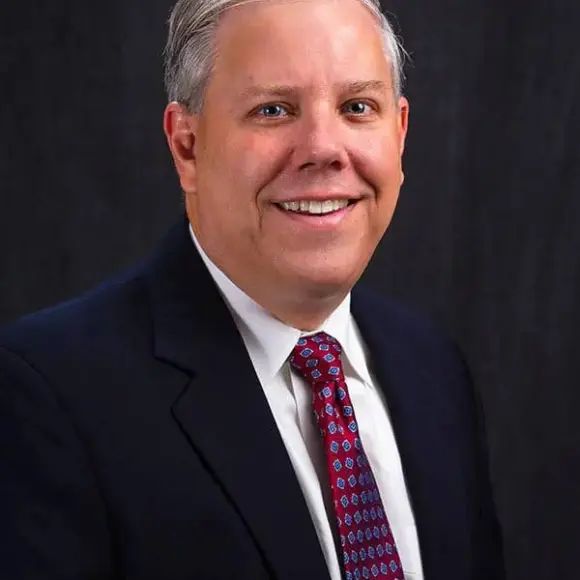
CFO
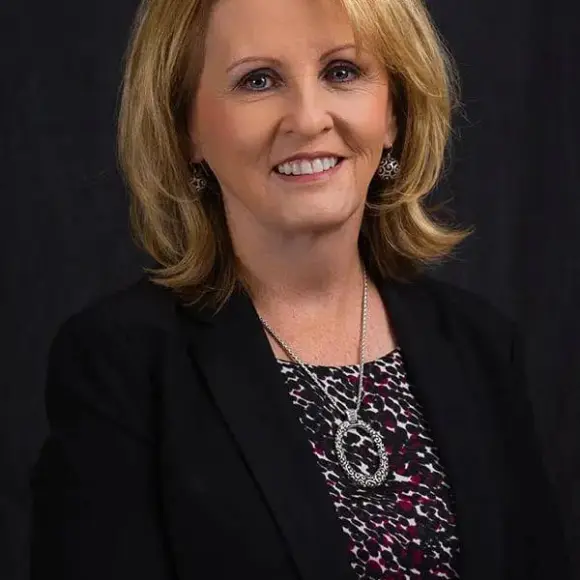
Director of Human Resources
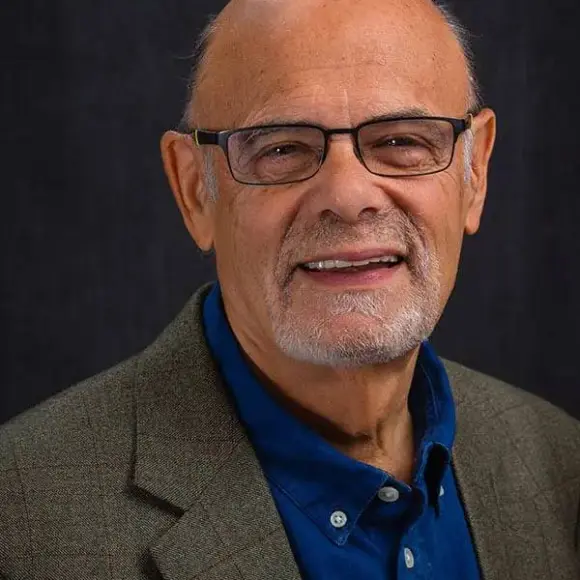
Medical Director
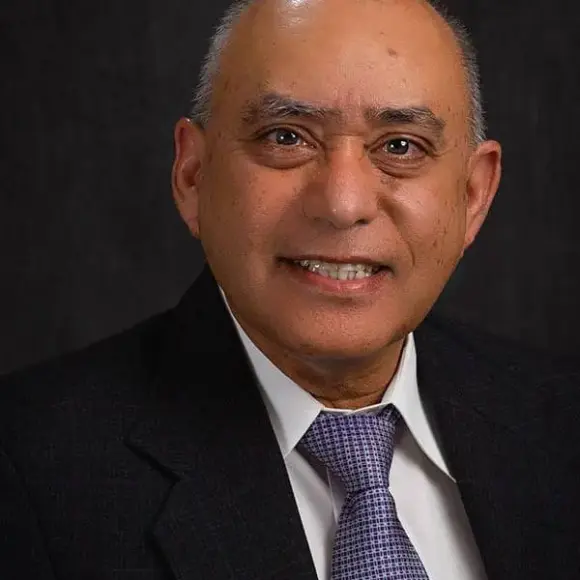
Medical Director for Adult Services
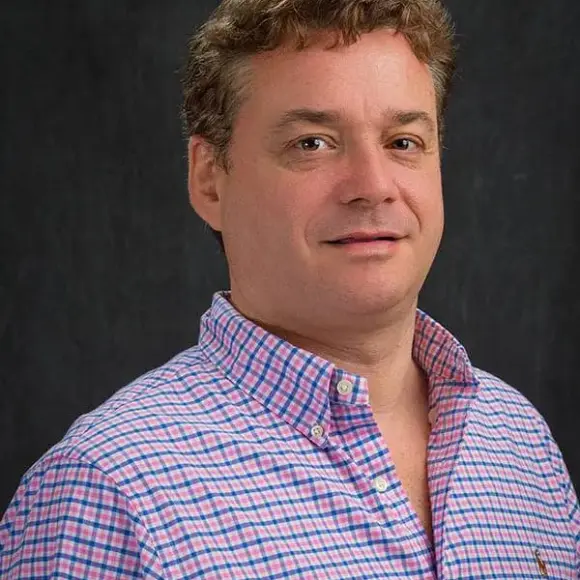
Medical Director of Child Services
Accreditations

State Licenses are permits issued by government agencies that allow rehab organizations to conduct business legally within a certain geographical area. Typically, the kind of program a rehab facility offers, along with its physical location, determines which licenses are required to operate legally.
State License: Mississippi

The Joint Commission, formerly known as JCAHO, is a nonprofit organization that accredits rehab organizations and programs. Founded in 1951, the Joint Commision's mission is to improve the quality of patient care and demonstrating the quality of patient care.
Joint Commission Accreditation: Yes
Contact Information
8135 Goodman Road
Olive Branch, MS 38654
